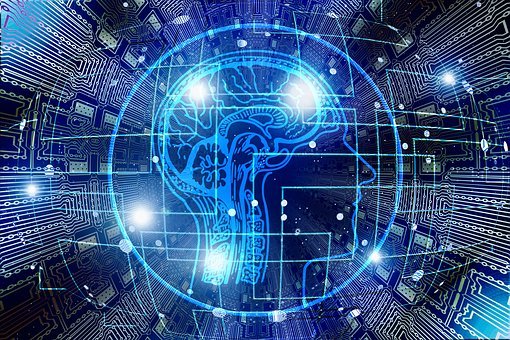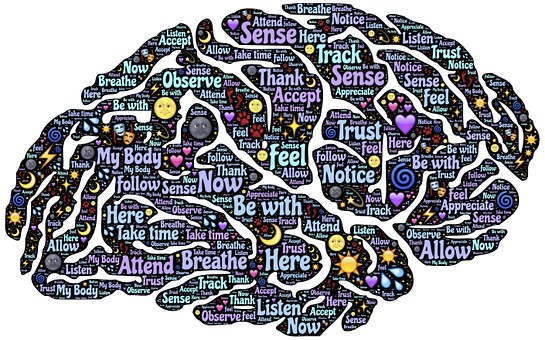What is NLP?

NLP stands for Neuro-Linguistic Programming.
In short, NLP is an instruction manual for the brain and a methodology for using Neurology, Psychology and Linguistics effectively.
NLP is widely used for coaching and in business for management, achieving goals and re-programming one’s mindset.
Many sports players and athletes also apply NLP skills to achieve excellent performances. It is getting more popular in the clinical and educational fields as well.
Why is it so effective?

NLP works on your conscious and subconscious minds. As you may have heard before, they are often referred to as an iceberg. It is said that your conscious mind is the part you can see from the surface (10%) and the part hidden underwater is your subconscious mind (90%).
The conscious mind is in charge of: Logical thinking, Decision making, Will power
The subconscious mind is in charge of: Beliefs, Emotions, Habits, Values, Long-term memory, Protective reactions, Automatic bodily functions, Creativity.
NLP can help reach the fundamental part of your mind to achieve your goals.
The benefits of NLP based therapy

- NLP (Neuro-Linguistic Programming) is a collection of studies about successful communicators (such as counsellors and therapists)
- Provides powerful methods to change the way you think, feel, act and learn
- Goal and future oriented…Focuses on the outcome you want, instead of focusing on the problem and the past
- Supports the client to create quick and dramatic changes
- Uses conscious & subconscious minds to get to the core belief and value
- Clients usually don’t need to talk about details from painful events in the past (some clients may feel that talking about it is too hard, stressful or shameful and it may lead to re-traumatizing them)
- There are many approaches to get the desired outcome, suitable for specific types of challenges or the clients’ personalities
- Quick process to bring the ideal state of mind (e.g. relaxed, confident) when feeling stressed, angry, nervous or upset
- Changes the filter you use to process external events and the way to choose your behaviours.
The sessions can be fun and give you opportunities to see the world differently.